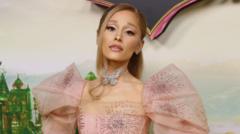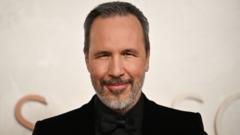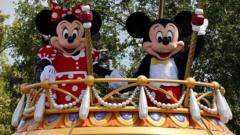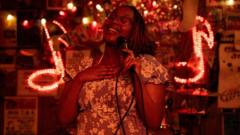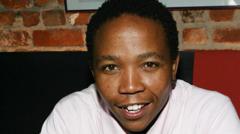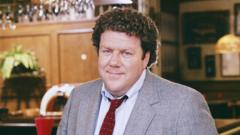As the real-life papal conclave approaches, the film "Conclave" highlights the complexities of choosing a new pope, from isolation traditions to political maneuverings, revealing the deeply human aspects of this sacred process.**
Unveiling the Papal Conclave: Insights from the Film "Conclave"**
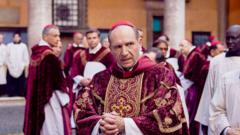
Unveiling the Papal Conclave: Insights from the Film "Conclave"**
The film "Conclave" reveals the intricate and secretive dynamics behind papal elections, offering a blend of drama and humanity as cardinals navigate their powerful roles.**
The upcoming film "Conclave" serves as a fascinating lens into the clandestine and intense world of papal elections. Released to critical acclaim, this cinematic portrayal brings to life the intricate proceedings of selecting a new leader for the Roman Catholic Church at a time when the reality of such elections becomes increasingly relevant. On May 7, 2024, the papal conclave will witness 134 cardinals gathering in the iconic Sistine Chapel, where decisions impacting millions will unfold beyond the gaze of the public until a simple plume of white smoke signals the outcome.
Adapted from Robert Harris's bestselling novel, "Conclave" plunges viewers into the centuries-old tradition where cardinal-electors retreat from the outside world to focus solely on their divine duty. This tradition is steeped in historical significance aimed at limiting external influence, provoking discussions on transparency in modern organizational processes. "It presents an introspective atmosphere," notes Anna Rowlands, professor of Catholic social thought. "The responsibility felt by those locked in conclave is beyond intense."
The film artfully portrays the internal politics of the conclave, showcasing strategic voting and alliances as cardinals navigate their own ambitions while adhering to spiritual guidance. Nick Emerson, the film's editor, emphasizes the intricacies involved, suggesting that the drama arises not just from public votes but from pre-conclave meetings where priorities and alliances are formed. With Pope Francis's declining health, the pre-election maneuvering intensifies, reflecting the complex interplay of personalities and beliefs among the cardinals.
One of the film's compelling narratives involves an unknown cardinal who unexpectedly rises to prominence. However, in reality, while any baptized male Catholic is eligible to be chosen, the current voting cardinals have all been appointed by bishops under prior papacies. This is significant because about 80% of the eligible cardinals have been appointed by Pope Francis himself, whose intentions were to diversify the church's leadership globally. The unknown variables at play suggest an unprecedented and potentially unpredictable election.
Ultimately, "Conclave" reframes the ancient ritual as a profoundly human process laden with emotion, ambition, and conflict. Director Edward Berger focuses on the fallibility of the cardinals, portraying them as relatable individuals grappling with worldly challenges even amid their spiritual calling. As Prof Rowlands eloquently puts it, "It illustrates the very human experience of conclave, enriched with divine significance yet intricately tied to human emotions and frailties."



